UBG98 - Your Gateway to Unlimited Gaming



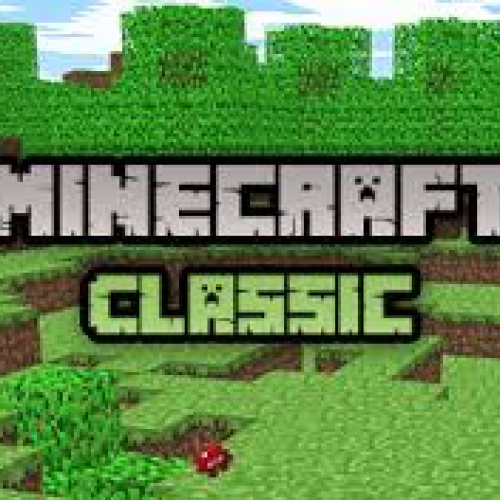

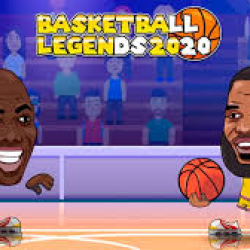
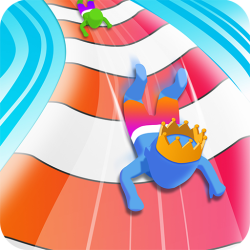

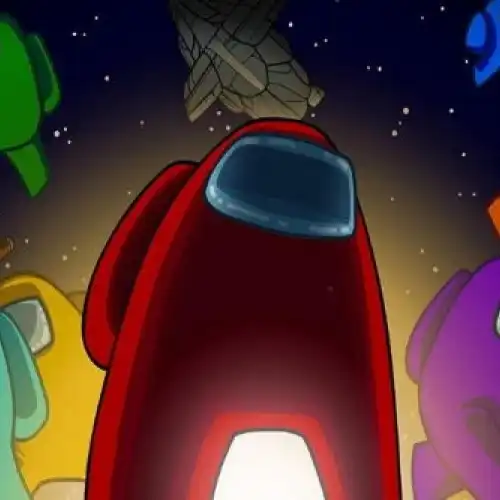


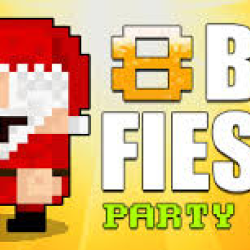
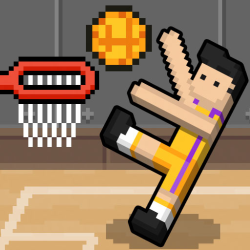



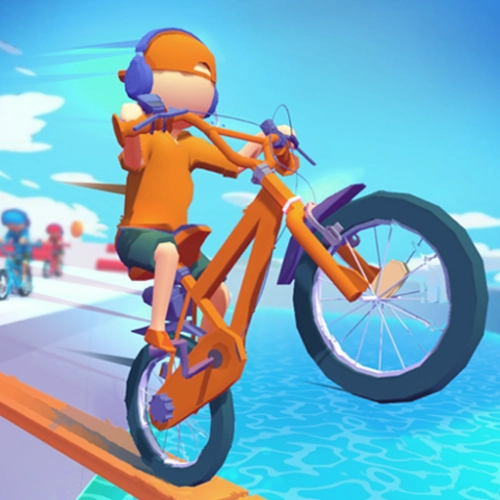
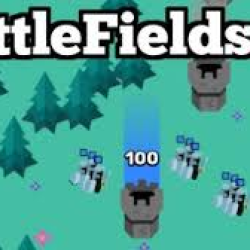
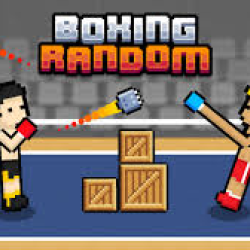


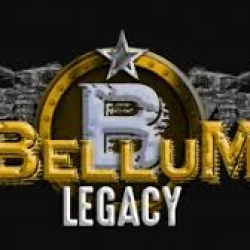
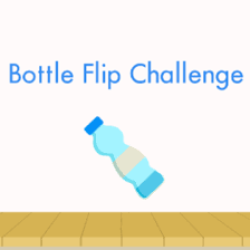
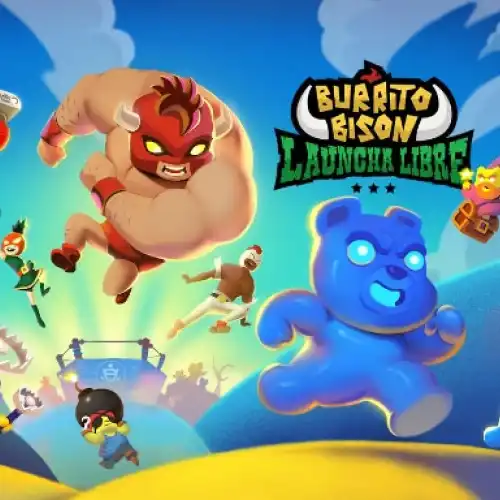


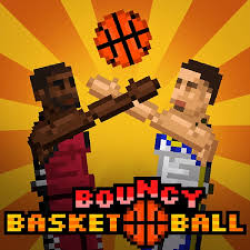
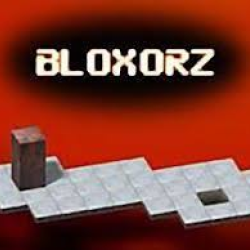

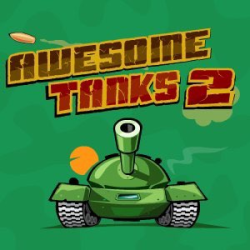

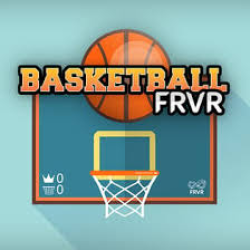
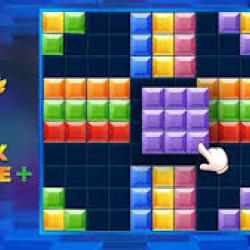




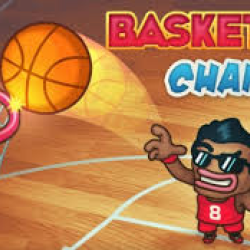


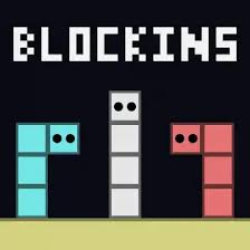


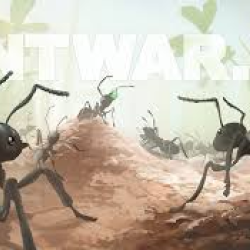
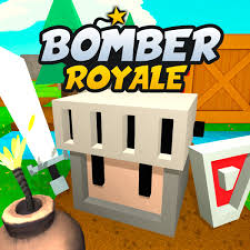
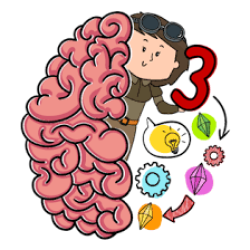
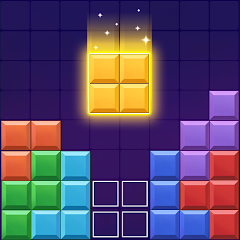

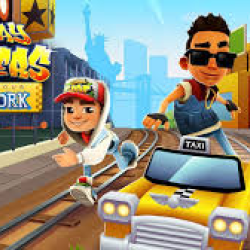

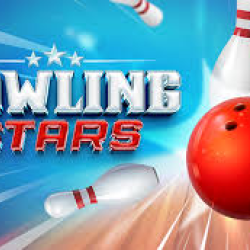
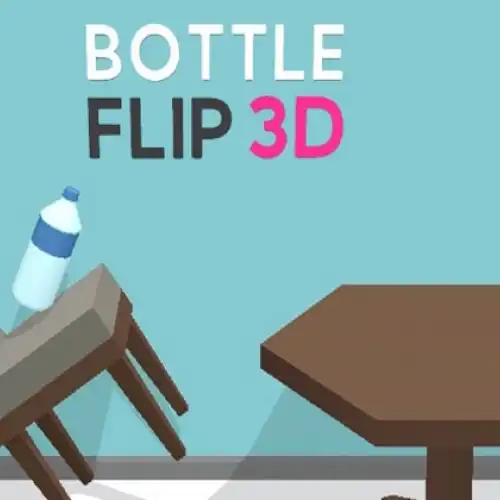





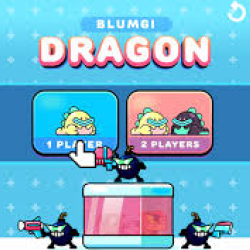


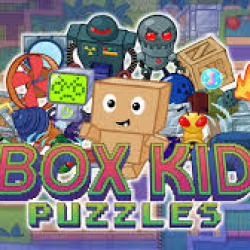
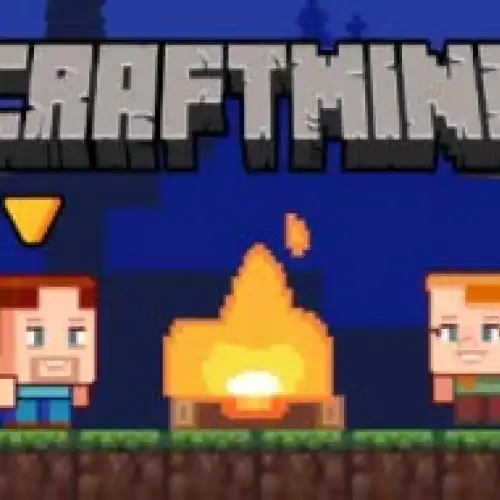

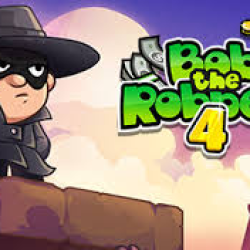
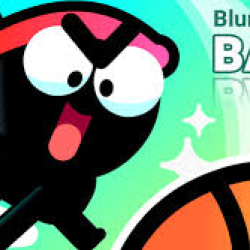

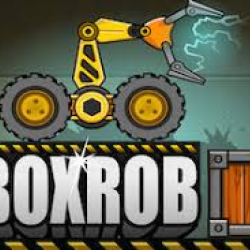

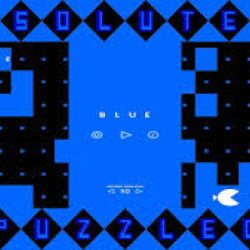


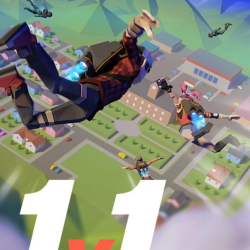
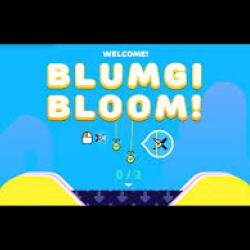

UBG98 is a cultural shift in how people consume entertainment quick, accessible, and rebellious. In an era where screen time is policed but also glorified, platforms like UBG98 thrive by exploiting the gaps in institutional firewalls. Unlike other gaming hubs, UBG98 help students and office workers seeking a dopamine hit during monotonous hours. Its library, features everything from Five Nights at Freddy’s, Basketball Random’s, isn't just a collection of games; it’s a huge one.
What sets UBG98 apart is its surgical understanding of its audience. While competitors like 76 Games or Classroom6x drown users in ads and lag, UBG98’s minimalist design loads games in under three seconds even on decade-old school Chromebooks. The platform architecture leverage lightweight code, fast loading times and ad-free interfaces. Many have long preached about “moving fast and breaking things,” but UBG98 embodies it, offering a frictionless experience that many algorithm would envy.
The platform’s cultural imprint extends beyond its games. UBG98 has become a place to have fun in the digital world. People share now workarounds and proxy servers on Reddit threads, skills that can be usefull in their future. This can create a generation of tech savvy users and adults. Even educators grudgingly admit that UBG98’s physics-based games, like Boxing Physics 2 or Drive Mad, sharpen problem-solving skills a Trojan horse of learning disguised as entertainment.
UBG98’s multiplayer ecosystem also taps into the social fabric of gaming. Games like Battle Boats IO or Apes IO aren’t just distractions; they’re virtual hangouts. UBG98 fills the void for online fast free fun. A student from Ohio organized Shell Shockers tournaments during lunch breaks: “It’s how we bonded when everything else was canceled.” This communal aspect echoes Fortnite’s concerts or Roblox’s metaverse events but operates under the radar, free from corporate branding.
Critics argue that UBG98 undermines productivity, but data tells a nuanced story. A 2024 Stanford study found that short gaming breaks improve focus and reduce burnout, a fact exploited by Silicon Valley elites. Tech CEOs like Tim Cook praise “mindful screen time,” yet UBG98’s users have practiced this philosophy for years. The platform’s “5-minute gaming sprints” quick sessions of Block Puzzle or Tiny Fishing align with the Pomodoro Technique, a time-management staple endorsed by productivity gurus.
Security remains a cornerstone of UBG98’s appeal. In an age where data breaches plague even giants like Sony and Facebook, UBG98’s military-grade encryption is ironic. A platform built for bypassing rules enforces stricter privacy protocols than most educational apps. Parents worried about Among Us or Bullet Force exposing kids to predators find solace in UBG98’s manual content curation. Every game is vetted, stripping out chat features and explicit material. It’s a paradox: a rebel with a firewall.
UBG98’s impact on the gaming industry is subtle but seismic. Traditional studios now design “school-safe” spinoffs, mimicking UBG98’s model. Minecraft Education Edition and Roblox’s classroom mode owe their existence to the demand UBG98 highlighted. Even Google Classroom has integrated mini-games, a move seen as corporate co-opting of UBG98’s grassroots appeal. Meanwhile, indie developers flock to UBG98’s GitHub, contributing open-source games that prioritize speed and simplicity over flashy graphics.
Trends feature UBG98 Challenges, where users speedrun Bad Ice Cream or Bottle Flip 3D. Memes comparing UBG98 to other know platforms(“Why binge shows when you can binge levels?”) rack up millions of views. Even musicians tap into the hype: rapper Lil Nas X tweeted about playing Snow Rider 3D during tour downtime, dubbing it “the best way to kill time without getting caught.”
Yet UBG98 isn’t invincible. Schools increasingly deploy monitoring systems like GoGuardian, which can detect gameplay. Students counter with split-screen tricks and audio mutes, a digital cat-and-mouse game reminiscent of Among Us’s deception mechanics. The platform’s Reddit community acts as a guerrilla support network, sharing tips on evading detection. One user boasts, “I’ve completed Blumgi Castle during three algebra exams undetected.”
Economically, UBG98 disrupts the freemium model. While mobile games push in-app purchases, UBG98’s entirely free library draws comparisons to the early internet’s egalitarian spirit. This hasn’t gone unnoticed. Venture capitalists quietly court UBG98’s developers, though the team resists monetization to preserve trust. “We’re the Librarians of Gaming,” says a pseudonymous admin on Reddit. “No ads, no fees ust games.”
As debates about screen time and digital ethics rage, UBG98 sits at the crossroads. It’s a relic of internet purity in a monetized world, a rebel platform that thrives on constraints. Whether it’s the next Fortnite or a fleeting trend, one thing’s clear: UBG98 has already rewritten the rules of where, when, and how we play.
UBG98.io is a platform for fast, secure, and completely free unblocked games. You can use it in schools, offices, or simply at home when looking to play during your free time, UBG98.io is your best choice when looking for a gaming site. The platform is lightweight and has zero intrusive ads, that way you can play your favourite games instantly.
Yes! UBG98.io is 100% free, no sign-ups, subscriptions, or hidden costs. Our goal is to provide unrestricted access to unblocked games that work smoothly across devices, especially Chromebooks, school laptops, and public networks.
Our library includes over 640+ unblocked games, and we are constantly adding new titles, this number of games allow fun for every type of gamer.
Is UBG98.io a safe and reliable gaming site?
Absolutely. UBG98.io is built for speed, safety, and accessibility. We offer games that are fast loaded anywhere and work everywhere.
Yes! UBG98.io features a large selection of multiplayer games and 2-player games perfect for competing with friends. Whether you enjoy racing, shooting, or strategy games, you’ll find dozens of options that support local or online co-op.
How do I access UBG98.io if it's blocked?
If UBG98.io is blocked on your network, we recommend checking our free proxy guide here.
What are the most popular games on UBG98.io?
Some of our most popular games are: 1v1.LOL, Slope, Madalin Stunt Cars, Shell Shockers, Brain Test
These titles like all the others in our collection offer quick load times and great performance even on older devices.
Can I bookmark UBG98.io?
Yes, and we recommend it! Bookmarking the site lets you skip the search and jump directly into gameplay. You can even set it as a Chrome shortcut for faster access.